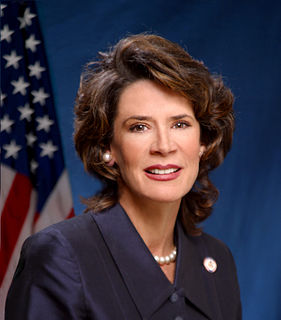Ein Zitat von David Barton
Die aktuelle Version der ... Trennung von Kirche und Staat besagt, dass man Salz und Licht sein kann, aber nur innerhalb der vier Wände der Kirche.
Verwandte Zitate
Die Bibel sagt, wir sollen Salz und Licht sein. Und Salz und Licht bedeutet nicht nur in der Kirche und nicht nur als Lehrer oder als Pastor oder als Bankier oder Anwalt, sondern in der Regierung, und wir müssen gewählte Beamte in der Regierung haben und wir müssen die Gläubigen in der Regierung und darüber hinaus haben Zeit, diese Lüge, die uns erzählt wurde, die Trennung von Kirche und Staat, haben die Menschen verinnerlicht und gedacht, sie müssten die Politik meiden, und das ist so falsch, weil Gott derjenige ist, der unsere Herrscher auswählt.
Heute wird die Trennung von Kirche und Staat in Amerika genutzt, um die Kirche zum Schweigen zu bringen. Wenn Christen sich zu Themen äußern, schreien der humanistische Staat und die Medien, dass es Christen und allen Religionen verboten sei, sich zu äußern, da es eine Trennung von Kirche und Staat gebe.
Es stimmt, dass das traditionelle Christentum bei den Amerikanern etwas an Attraktivität verliert, aber das ist eine religiöse und keine politische Angelegenheit. Es sei daran erinnert, dass die Jeffersonsche „Trennmauer“ zwischen Kirche und Staat immer dazu gedacht war, die Kirche vor dem Staat ebenso zu schützen wie den Staat vor der Kirche.
Wie Sie wissen, steht die Trennung von Kirche und Staat nicht zur Diskussion oder Änderung. Gemäß unserer Verfassung kann keine Kirche oder Religion von der US-Regierung unterstützt werden. Wir wahren die Religionsfreiheit, so dass ein Amerikaner entweder in der Kirche seiner Wahl Gottesdienst feiern oder sich dafür entscheiden kann, überhaupt keine Kirche zu besuchen.
Es ist die Trennmauer zwischen Kirche und Staat. . . Dies ist weitgehend dafür verantwortlich, dass die Religion in diesem Land im Vergleich zu den europäischen Ländern, in denen Kirche und Staat vereint sind, floriert, was zu einer Opposition gegen die Kirche seitens derjenigen führt, die die Regierung missbilligen.
Wir haben die Vorstellung, dass es in Amerika eine Trennung von Kirche und Staat gibt, was ich für eine gute Sache halte. Und das weiten wir auf unsere Politik aus. Als ob es nicht nur Kirche und Staat gäbe, sondern auch eine Trennung von Religion und Politik. Aber natürlich gibt es – das gibt es nicht.

































